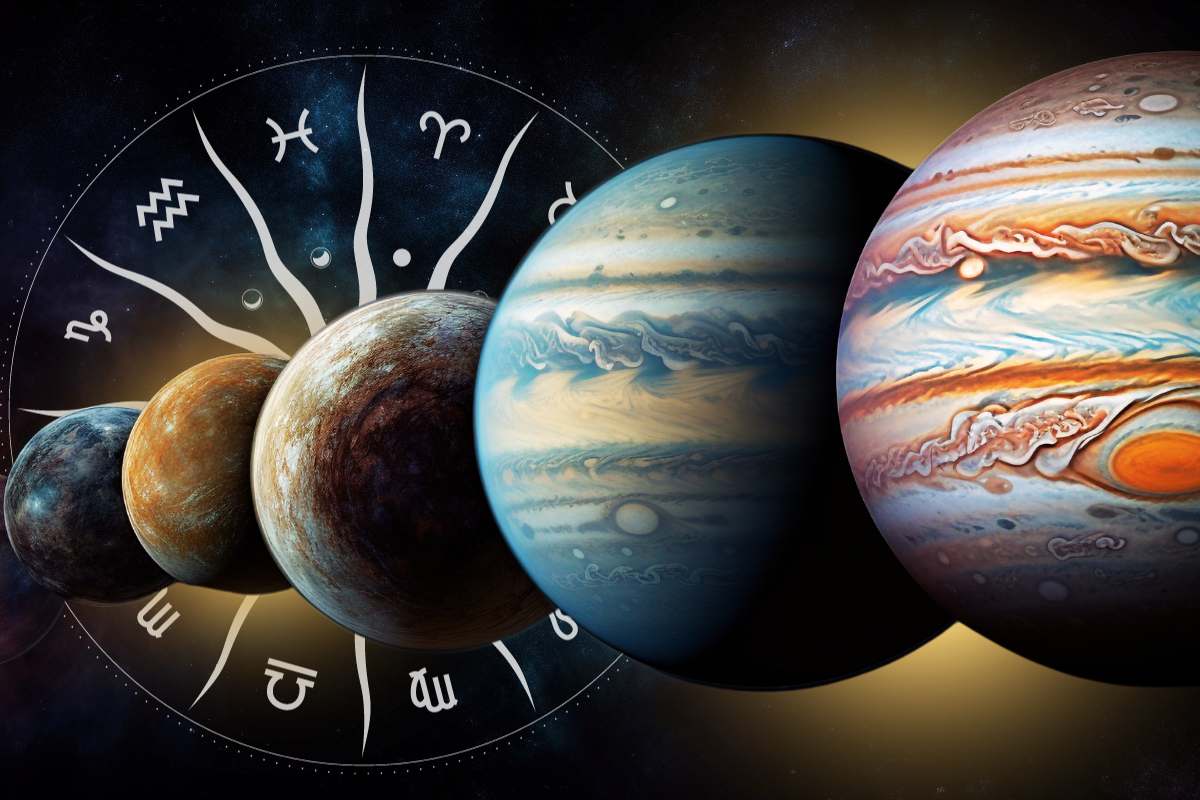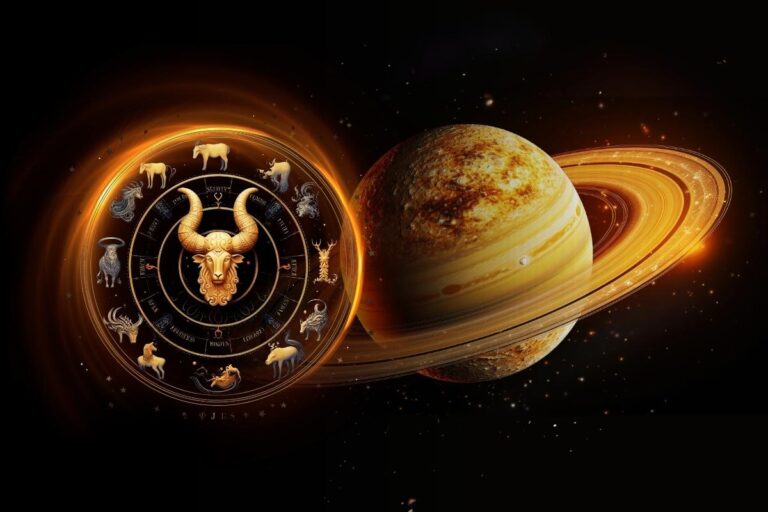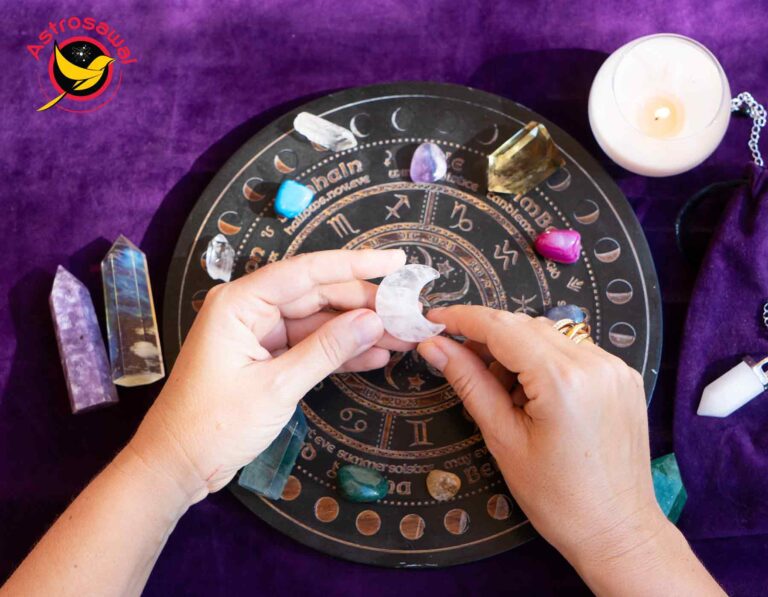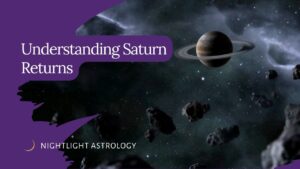Uranus, Neptune, and Pluto: The Outer Planets Impact – In the vast expanse of the cosmos, the outer planets—Uranus, Neptune, and Pluto—stand as celestial behemoths, wielding profound influence over the human psyche and collective consciousness. These distant worlds, shrouded in mystery and symbolism, hold the keys to transformation, transcendence, and evolution. In this comprehensive exploration, we embark on a journey to unravel the enigmatic forces of Uranus, Neptune, and Pluto, delving into their archetypal meanings, astrological significance, and transformative impact on our lives.
Understanding the Outer Planets
- Uranus: The AwakenerUranus, named after the ancient Greek sky deity, is the harbinger of change, innovation, and liberation. In astrology, Uranus represents individuality, rebellion, and the quest for personal freedom. Its influence is disruptive yet enlightening, shattering outdated structures and catalyzing revolutionary shifts in consciousness. Those attuned to Uranian energies may possess a rebellious spirit, innovative mind, and visionary outlook on life.
- Neptune: The MysticNeptune, named after the Roman god of the sea, embodies the realm of dreams, illusions, and spiritual transcendence. In astrology, Neptune symbolizes imagination, intuition, and the longing for transcendence. Its influence is ethereal yet elusive, blurring the boundaries between reality and fantasy. Those under Neptune’s sway may possess heightened sensitivity, artistic talent, and a deep yearning for spiritual fulfillment.
- Pluto: The TransformerPluto, named after the Roman god of the underworld, reigns over the realm of death, rebirth, and regeneration. In astrology, Pluto represents power, transformation, and the depths of the unconscious. Its influence is intense yet transformative, stripping away illusions and facilitating profound metamorphosis. Those touched by Pluto’s energies may undergo profound inner upheaval, leading to spiritual rebirth and empowerment.
The Archetypal Meanings of the Outer Planets
- Uranus: Liberation and InnovationUranus symbolizes the urge for individual freedom, rebellion against societal norms, and breakthroughs in science and technology. Its archetypal themes include innovation, revolution, and the pursuit of higher knowledge. Uranian individuals are often trailblazers, visionaries, and agents of change, challenging the status quo and ushering in new paradigms of thought.
- Neptune: Illusion and TranscendenceNeptune embodies the realm of dreams, fantasies, and spiritual longing. Its archetypal themes include mysticism, illusion, and the quest for transcendence. Neptunian individuals are often sensitive, empathetic, and deeply attuned to the subtle currents of the unconscious. They may excel in artistic pursuits, healing modalities, and spiritual practices that facilitate communion with the divine.
- Pluto: Death and RebirthPluto symbolizes the process of death, rebirth, and regeneration. Its archetypal themes include power, transformation, and the mysteries of the unconscious. Plutonian individuals are often drawn to the darker aspects of life, including psychology, occultism, and esoteric practices. They may undergo profound inner upheaval, leading to spiritual renewal and empowerment.
Astrological Significance of the Outer Planets
- Uranus in the Birth ChartUranus’ placement in the birth chart indicates areas of life where radical change, innovation, and liberation are sought. Its aspects to other planets reveal potential sources of disruption or breakthrough, highlighting areas where individuality and rebellion against the status quo may manifest.
- Neptune in the Birth ChartNeptune’s placement in the birth chart indicates areas of life where idealism, intuition, and spiritual longing are prominent. Its aspects to other planets reveal potential sources of illusion or transcendence, highlighting areas where sensitivity and empathy may lead to artistic or spiritual fulfillment.
- Pluto in the Birth ChartPluto’s placement in the birth chart indicates areas of life where power, transformation, and regeneration are at play. Its aspects to other planets reveal potential sources of intensity or empowerment, highlighting areas where psychological depth and inner healing may lead to spiritual rebirth.
Practical Applications of Understanding the Outer Planets
- Self-Discovery and Personal GrowthUnderstanding the influence of Uranus, Neptune, and Pluto allows individuals to gain deeper insights into their psyche, motivations, and life path. By embracing the archetypal energies of the outer planets, individuals can navigate periods of change, spiritual growth, and transformation with greater awareness and resilience.
- Relationship DynamicsThe outer planets play a significant role in shaping relationship dynamics, highlighting areas of compatibility, challenge, and potential growth. By considering the influence of Uranus, Neptune, and Pluto in synastry and composite charts, individuals can gain insights into the transformative potential of their connections with others.
- Career Path and Life DirectionUranus, Neptune, and Pluto offer valuable clues about career path, life direction, and areas of potential success. By aligning with the archetypal energies of the outer planets, individuals can pursue endeavors that resonate with their true essence and lead to fulfillment and empowerment.
Conclusion
In conclusion, the outer planets—Uranus, Neptune, and Pluto—serve as potent catalysts for change, spiritual growth, and transformation in astrology. By understanding their archetypal meanings, astrological significance, and transformative impact on our lives, we gain valuable insights into the deeper currents of the human experience. As we navigate the cosmic dance of Uranus, Neptune, and Pluto, may we embrace the journey of self-discovery, spiritual evolution, and empowerment that unfolds amidst the mysteries of the cosmos.










+ There are no comments
Add yours